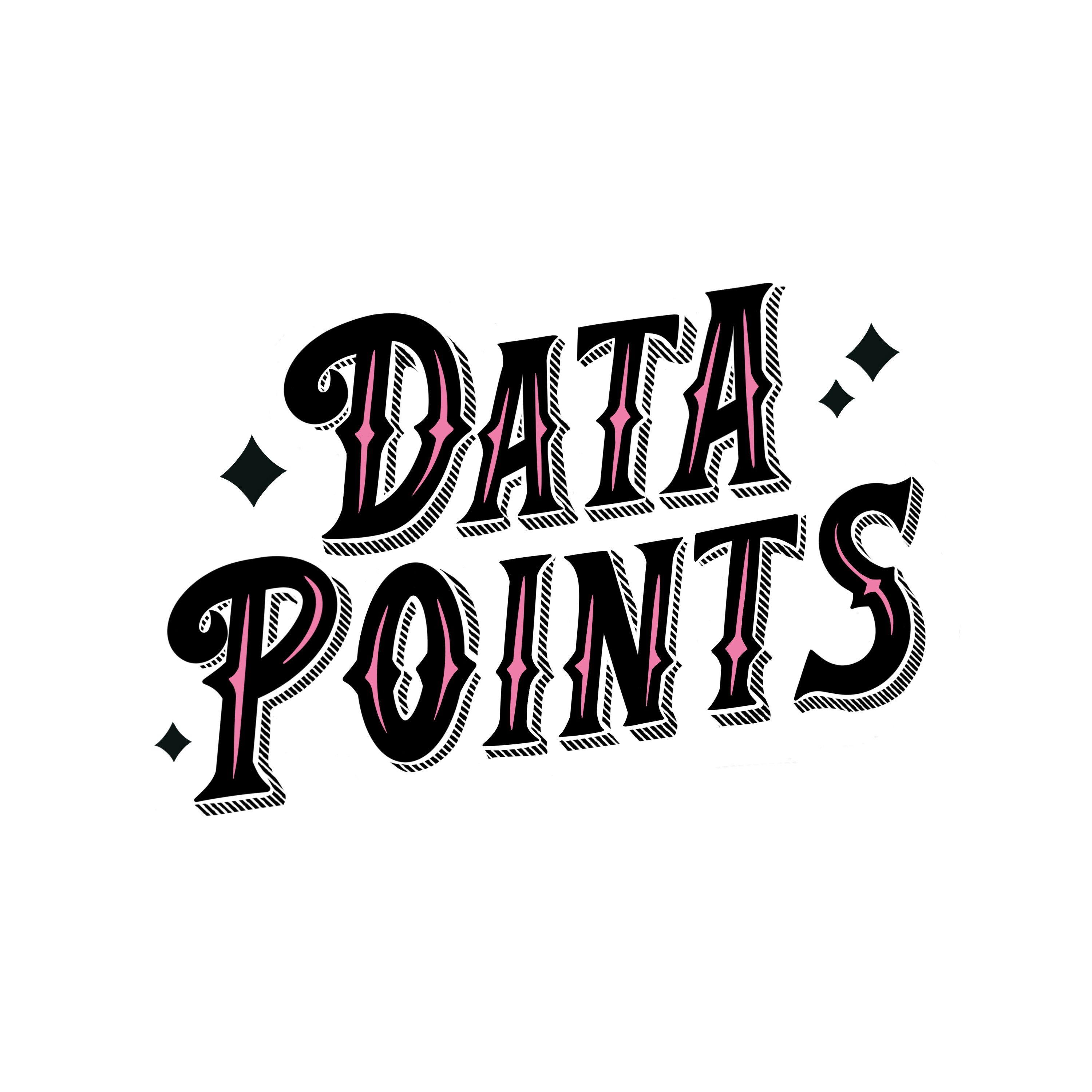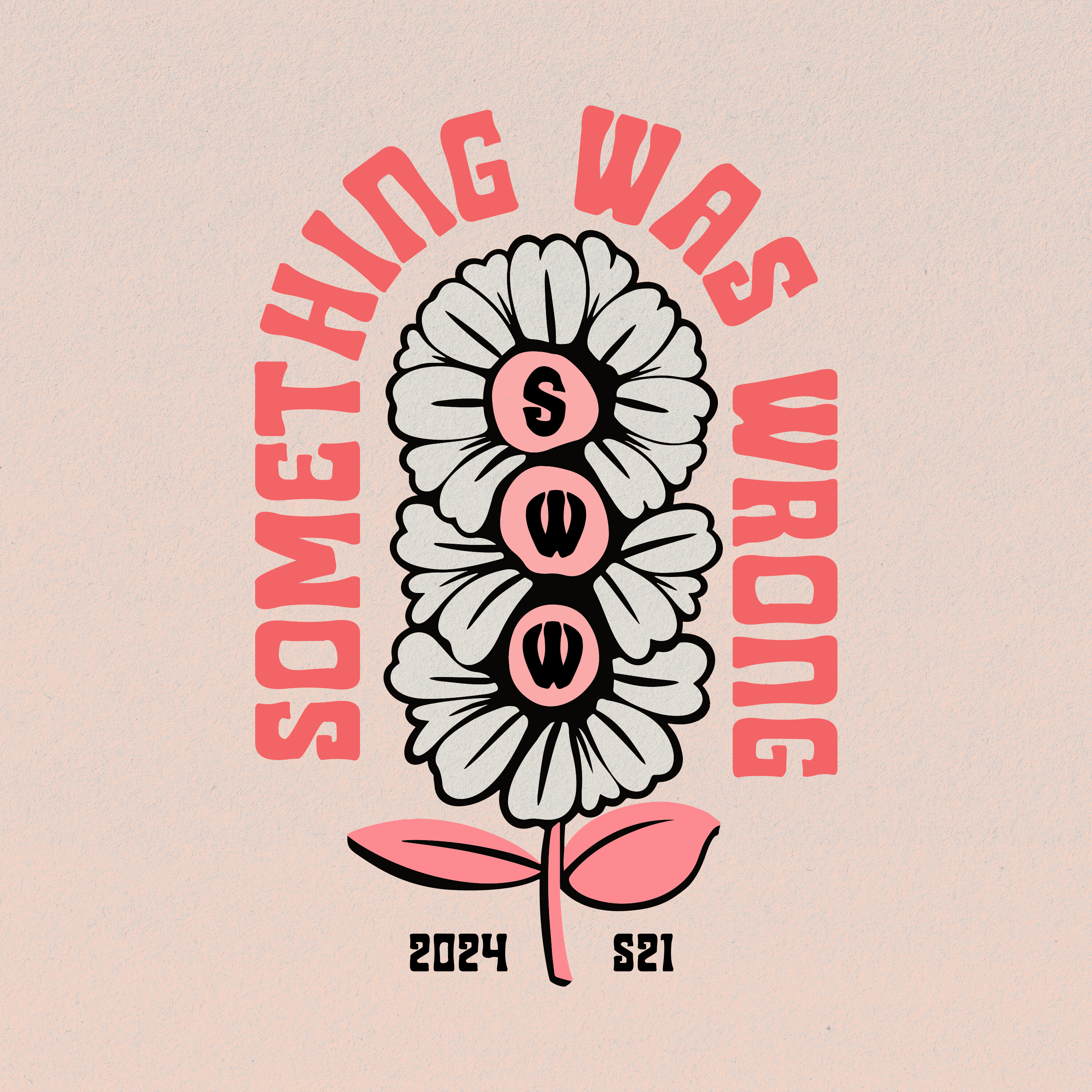
Data Points: Cons, Schemes, & Fraud

Something Was Wrong
Deep Dive
Why have fraud-related losses increased significantly in recent years?
Fraud-related losses reached $10 billion in 2023, a 14% increase over 2022, driven by the increasing use of artificial intelligence and the accessibility of committing fraud through the internet and social media.
What role does social media play in modern fraud?
Social media is the method of communication in 47% of fraud reported by 18-19 year olds, and one in four fraud victims who lost money in 2021-2023 said it started on social media, resulting in $2.7 billion in losses.
How does artificial intelligence contribute to fraud?
AI-powered scams create convincing emails, phone calls, and texts, and can produce deepfakes featuring celebrities or influential people to trick victims into investing or believing they are communicating with a trusted individual.
What are some common types of fraud?
Common types include identity theft, business and investment fraud, charity scams, property scams, mortgage fraud, extortion, sextortion, adoption fraud, cryptocurrency fraud, elder fraud, and election crimes.
Why are younger adults more likely to fall victim to certain types of fraud?
Younger adults (18-59) are 34% more likely to report losing money to fraud than older adults (60+), particularly to online shopping scams and job scams, often initiated through social media ads.
What steps can consumers take to avoid scams?
Consumers should keep personal information private, use complex passwords, avoid paying with cash, and be cautious about what they share online. They should also report suspected scams to authorities and use tools like the BBB Scam Risk Calculator.
How can victims of fraud recover and report incidents?
Victims can report fraud to the FTC at reportfraud.ftc.gov, contact the IRS Identity Protection Specialized Unit, and use resources from organizations like the Identity Theft Resource Center and Cybercrime Support Network.
What is the impact of fraud on victims?
Victims often feel dissatisfied with how fraud is addressed, as federal and state laws may not effectively deter consumer fraud. Many seek both civil and criminal charges for more comprehensive justice.
What are the legal criteria for federal fraud charges?
Fraud can be charged federally if it violates federal law, involves a federal agency, crosses state lines, uses the Postal Service or interstate communication, or benefits from a federal program.
How does the Better Business Bureau suggest avoiding fraud?
The BBB recommends working with local businesses, keeping personal information secure, being cautious online, and using digital payment methods with discretion to avoid scams.
- Over $10 billion in fraud reported to FTC in 2023
- 18 common fraud types listed by FBI
- Younger adults more susceptible to online shopping and job scams
- Social media a major source of fraud, resulting in $2.7 billion in losses
Shownotes Transcript
Sources:
As Nationwide Fraud Losses Top $10 Billion in 2023, FTC Steps Up Efforts to Protect the Public. (2024, February 9). Federal Trade Commission. https://www.ftc.gov/news-events/news/press-releases/2024/02/nationwide-fraud-losses-top-10-billion-2023-ftc-steps-efforts-protect-public
BBB Tip: 10 steps to avoid scams. (2024, June 21). Better Business Bureau. https://www.bbb.org/article/tips/8767-bbb-tips-10-steps-to-avoid-scams
The Latest Scams You Need to Be Aware of in 2024, By DeNicola, L. (2023, December 30). https://www.experian.com/blogs/ask-experian/the-latest-scams-you-need-to-aware-of/
Empowering Fraud Fighters. (n.d.). Financial Industry Regulatory Authority Foundation. https://www.finrafoundation.org/networks-we-strengthen/fighting-fraud
Internet Crime Report 2023 by The Federal Bureau of Investigations. (2024). In Internet Crime Complaint Center. https://www.ic3.gov/Media/PDF/AnnualReport/2023_IC3Report.pdf
National Center for Victims of Crime, Financial Crime Resource Center: https://victimsofcrime.org/financial-crime-resource-center/
Financial Crimes Enforcement Network, FinCEN Resource Center: https://www.fincen.gov/fincen-resource-center
Fletcher, E. (2023, October 6). Social Media. Federal Trade Commission. https://www.ftc.gov/news-events/data-visualizations/data-spotlight/2023/10/social-media-golden-goose-scammers
Identity Fraud Cost Americans $43 Billion in 2023. (2024, April 10). American Association of Retired People. https://www.aarp.org/money/scams-fraud/info-2024/identity-fraud-report.html
Is Fraud Always a Federal Crime? (2024, March 20). Stechschulte Nell. https://www.tpatrialattorneys.com/fraud-always-federal-crime/
Criminal Consumer Fraud, Must the Goals of Deterrence and Compensation Be Mutually Exclusive? By The American Journal of Criminal Law, Kirschner, N. M. (1979). https://www.ojp.gov/ncjrs/virtual-library/abstracts/criminal-consumer-fraud-must-goals-deterrence-and-compensation-be
Recovering From Online Fraud. National Crime Victim Law Institute: https://ncvli.org/recovering-from-financial-fraud-and-identity-theft-services-for-victims/#:~:text=%E2%80%93Identity%20Theft%20Resource%20Center%20
What Are Some Common Types of Scams? (2024, March 13). Consumer Financial Protection Bureau. https://www.consumerfinance.gov/ask-cfpb/what-are-some-common-types-of-scams-en-2092/
Resources:
FBI Internet Complaint Center: https://www.ic3.gov/
FBI Tip Center: http://tips.fbi.gov
BBB Scam Risk Calculator: https://www.bbb.org/all/scam-prevention/risk-calculator
Cybercrime Support Network: https://fightcybercrime.org/
Identity Theft Resource Center: https://www.idtheftcenter.org/
Financial Industry Regulatory Authority: https://www.finra.org/
Report Fraud to the Federal Trade Commission: https://reportfraud.ftc.gov/
For additional resources and a list of related non-profit organizations, please visit http://www.somethingwaswrong.com/resources
Follow Something Was Wrong:
Website: somethingwaswrong.com
IG: instagram.com/somethingwaswrongpodcast
TikTok: tiktok.com/@somethingwaswrongpodcast
Follow Tiffany Reese:
Website: tiffanyreese.me
IG: http://www.instagram.com/lookieboo
The Data Points cover art is by the Amazing Sara Stewart.
See Privacy Policy at https://art19.com/privacy and California Privacy Notice at https://art19.com/privacy#do-not-sell-my-info.